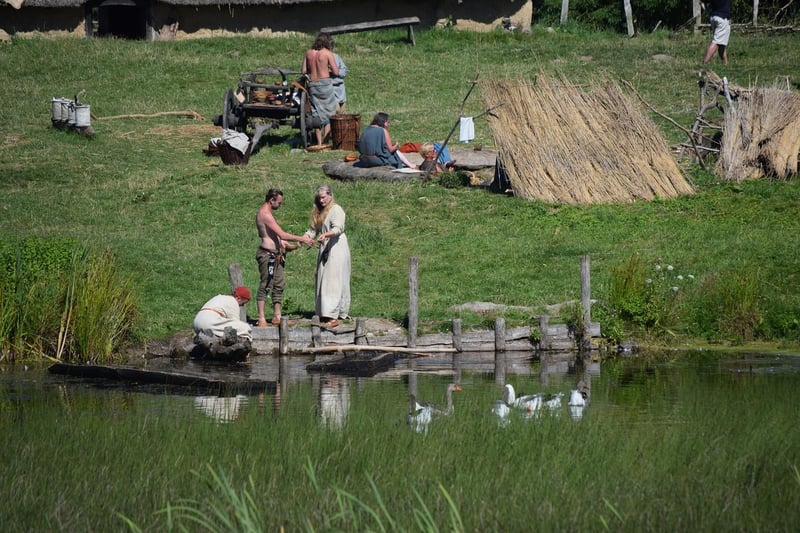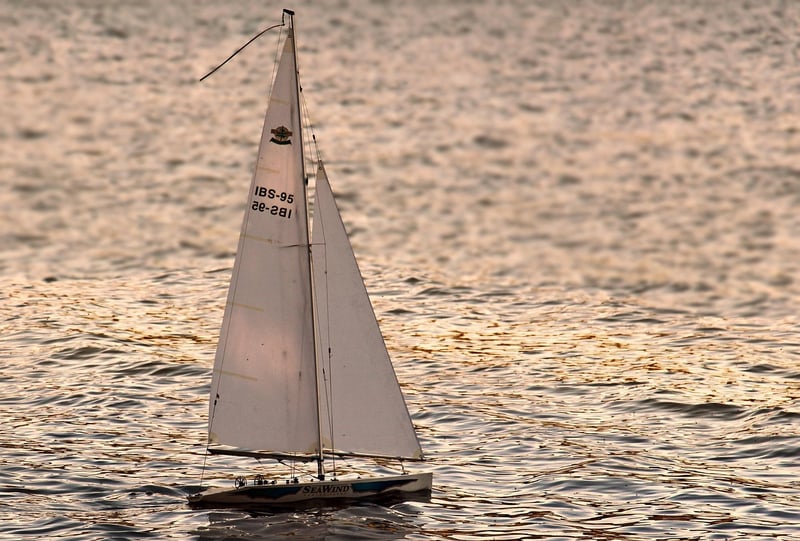Future Exploration
Exploring Different Eras and Future Exploration
Introduction
Exploring different eras and the future of exploration is a fascinating journey through time and space. From ancient civilizations to modern technology, humanity's thirst for discovery has shaped our world and continues to drive us towards new frontiers.
Ancient Explorers
Ancient civilizations such as the Egyptians, Greeks, and Vikings were early pioneers of exploration. They ventured into unknown lands, crossed vast oceans, and navigated by the stars. Their discoveries laid the foundation for future explorers and expanded our understanding of the world.
Image of Ancient Explorers:

Age of Discovery
The Age of Discovery in the 15th to 17th centuries saw European explorers like Christopher Columbus, Vasco da Gama, and Magellan embark on voyages that connected the world. They mapped new territories, established trade routes, and encountered diverse cultures, shaping the course of history.
Image of Age of Discovery:

Space Exploration
In the 20th century, humanity reached for the stars with space exploration. Achievements like the Moon landing, Mars rovers, and the International Space Station have expanded our understanding of the universe and inspired generations to dream of exploring beyond Earth.
Image of Space Exploration:

Future Exploration
The future of exploration holds exciting possibilities, from deep-sea exploration to Mars colonization and beyond. Advancements in technology, such as AI, robotics, and virtual reality, will revolutionize how we explore and interact with our surroundings, opening new frontiers for discovery.
Image of Future Exploration:

Conclusion
Exploring different eras and the future of exploration showcases humanity's innate curiosity and drive to push boundaries. As we look back on past achievements and forward to future possibilities, one thing remains certain – the spirit of exploration will continue to propel us towards new horizons.
